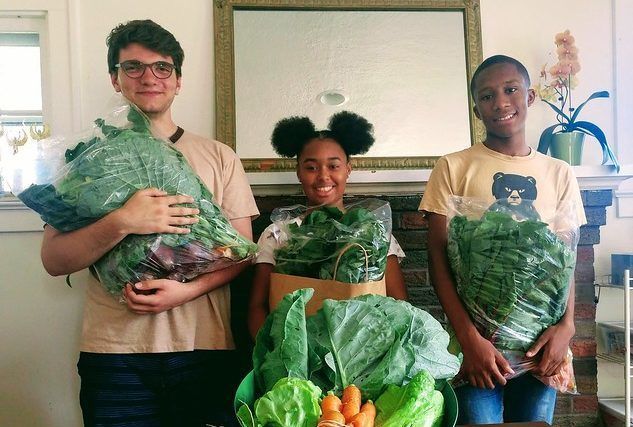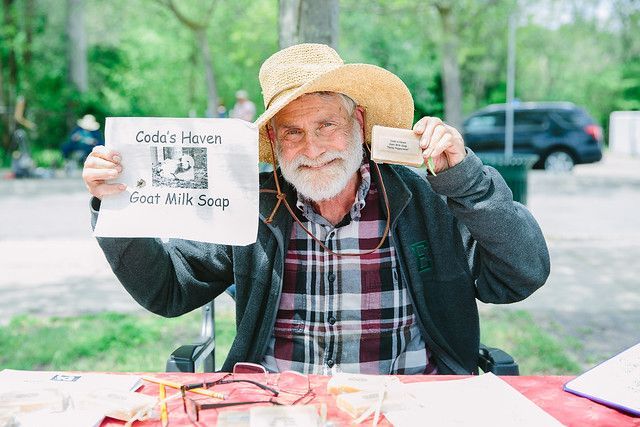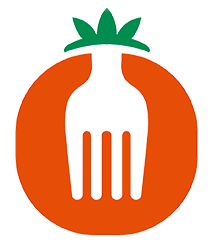Article
Honoring the Earth, Honoring Our Farmers
Happy Earth Month!
Spring arrives with a quiet urgency. The thawing ground reminds us of the resilience of our land, of the ancestors who tilled it, and of the communities who still gather to nurture its abundance. But this year, as we step into Earth Month, I carry a deep and growing concern for the future of our food system—one that has been shaken by policy decisions that threaten the very foundation of food sovereignty in Ypsilanti and beyond.
The recent funding freezes and budget cuts—from the loss of the Local Food Purchase Assistance (LFPA) program to the closure of USDA offices—are not just bureaucratic shifts; they are existential threats to our farmers, our food access programs, and the families who rely on them. I have sat across the table from our legislators, pressing them on these cuts and their real-life consequences. Time and time again, I have asked them:
How will our small farmers recover from the sudden disappearance of revenue they had come to rely on? How will low-income communities access fresh, local produce when the programs designed to bridge that gap are gutted?
The answers, when they come at all, ring hollow. And the weight of these decisions falls heaviest on Black farmers. Over the past few months, I have spoken to Black farmers across the state who have lost tens, even hundreds of thousands of dollars in funding. Each has asked to remain anonymous, fearing retaliation if they speak out. We’ve spent years investing in trust—through policy change, the Washtenaw County Black Farmers Fund, and steadfast community advocacy—and now, that trust has been shattered.
The jar that held every marble of faith and progress has been smashed to the ground.
I am deeply concerned about the long-term implications of these actions—not just for our farmers but for the fight for equity in our food system as a whole. If we continue down this path, we will see more land lost, more livelihoods destroyed, and more barriers to sovereignty erected. But let me be clear: while these attacks are meant to dishearten us, they will not stop us.
Hope is not lost.
We are building and investing in a local food system that ensures the right to food for all.
We are planting, growing, and sharing. We are organizing, advocating, and refusing to be silenced. Our programs at Growing Hope continue to provide fresh, local produce to our neighbors, even as the environment shifts around us. We continue to uplift local growers, ensuring they have the resources they need to weather this storm as they have weathered past storms and will weather future storms. We demand that our legislators listen—not just to us but to the land itself, which has long whispered the truth of what justice looks like.
This Earth Month, as we honor and commune with Mother Earth and the ancestors who fought for our right to grow, we reaffirm our commitment to a just and sovereign food system. We will not let short-sighted policies or political indifference derail the work of generations. And we ask you to join us—whether by growing, sharing, advocating, or simply refusing to look away.
In solidarity,
Julius
P.S. If you’re looking for a practical way to participate and support our local food system, visit and become a friend of the market, where we’re reimagining how we invest in and support growers, eaters, and everything in between.
share this
Related Articles
Related Articles
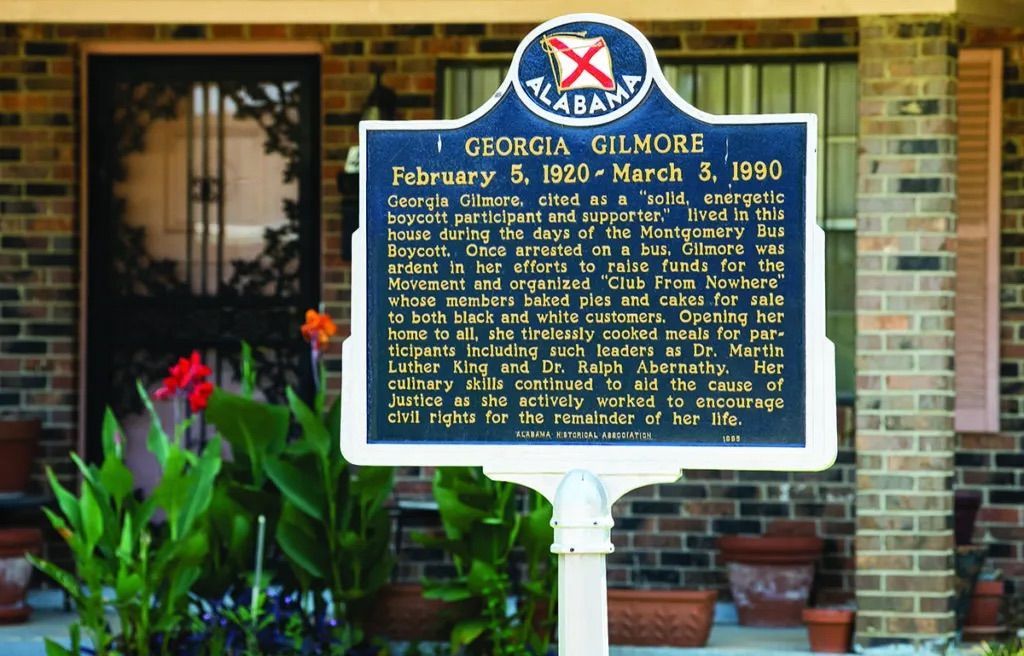

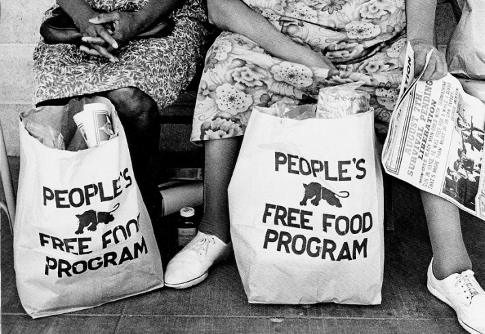
STAY UP TO DATE
GET PATH'S LATEST
Receive bi-weekly updates from the church, and get a heads up on upcoming events.
Contact Us


